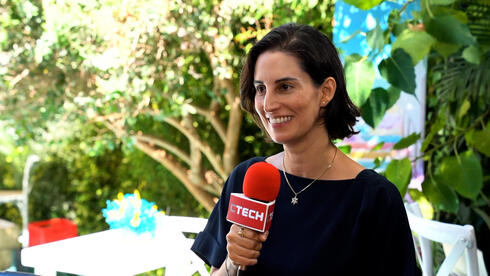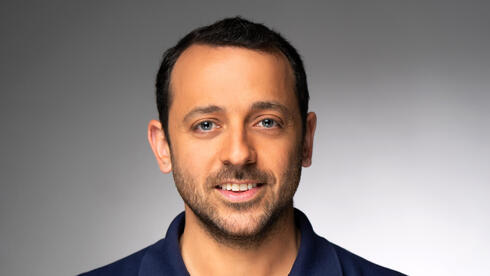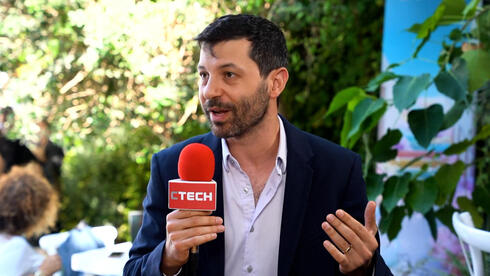
CTalk
Generative AI for Good: How deepfake technology is amplifying silenced voices
At Calcalist’s AI Conference 2025 in Tel Aviv, Shiran Mlamdovsky Somech, CEO of Generative AI for Good, spoke to CTech about utilizing deepfake technology to amplify silenced voices and raise awareness for social causes including domestic violence, antisemitism, and the Jewish and Israeli narrative.
Shiran Mlamdovsky Somech
(Photo: Streame)
“We are leveraging the Gen AI technology, what people refer to as a deep fake. We use this dangerous and risky technology in a proactive way for doing good, to amplify the voices of the silence,” explained Shiran Mlamdovsky Somech, CEO of Generative AI for Good, speaking to CTech at Calcalist’s AI Conference 2025. “We work in a different domain, from domestic violence, human trafficking, Holocaust Commemoration, education and many more. It's all to give a voice to those who cannot speak and increase awareness to life saving matters.”
The initiative first gained attention through a viral campaign animating the images of women murdered by their partners. “I decided to quit my day job, put all my time, all my effort into this project. And luckily, after a few months, we launched… We brought virtually back to life women that had been murdered by their partners… and they tell the whole country their chilling stories,” she recalled. The campaign went viral, reaching the UN and NATO. “Above all, we increased awareness of domestic violence,” said Mlamdovsky Somech.
Since October 7, the organization has also focused on amplifying the Jewish and Israeli narrative amid rising global antisemitism. “We had a project where we were the voice of hostages, of two amazing children that had been in captivity in Gaza for a long time, and we were their voice,” she said. “We did this project in English, but also in German… and we succeeded in increased empathy.” The group is now working on a new project addressing gender-based violence in conflict, including the October 7 attacks.
Of course, one of the key considerations when working with deepfake technology for social causes is the ethical and sensitive nature of applying it responsibly, as Mlamdovsky Somech discussed. “As core of our activities, we are considered a trustworthy AI,” she said, highlighting the integral nature of transparency in their operations. “It’s very important for us that the audience will be aware exactly what they are seeing: what is fake, what is not, what’s made by the AI, what is real… and also the non-discrimination. It’s very important for us in our project to include people from different and diverse backgrounds as well as part of the message.”
You can watch the entire exchange in the video above.
















